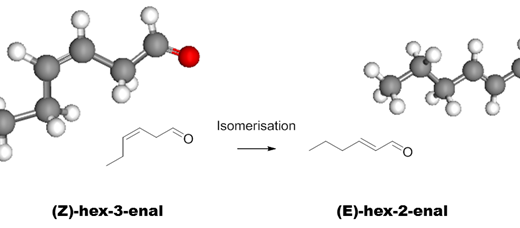Head in the Clouds

The research that powers our world is advancing faster than ever before, but our mental image of the modern scientist hasn’t changed much in the past few decades – a lone brainiac toiling over mysterious tubes and intricate microscopes, patiently repeating experiments until enough evidence has been gathered to reach a reasonable conclusion. However, the reality of the modern scientist is quite far removed from this image. The exponential increase in both the level of technical advancement and the quantity of published research means that researchers need to spend most of their time keeping up to date with discoveries and designing experiments, but these tasks are hindered by the time and resources required for running standard experiments which are often repetitive and expensive.
This frustrating problem has prompted the idea behind cloud-based labs – what if the routine experiments that take up so much valuable time were all outsourced to companies that can do them quicker and at a lower cost? Start-ups like Transcriptic and Emerald Cloud Lab have managed to do just that. With the aid of these services, scientists can design their experiments and detail them online, then pay the companies, which use robotic platforms, to perform them more cheaply and accurately; the companies then email the results back with as little hassle as possible. It sounds like a dream – and it may well be: a study published this January has already made use of Transcriptic’s technology in order to improve enzyme design, which is normally a slow and repetitive process1.
As more start-ups follow suit, it is becoming clear that the overlap between computer science, physical sciences and life sciences is greater than ever. Even if concerns regarding accuracy and data protection may linger in the back of the mind, the potential benefits to the science community far outweigh these – especially in fields such as cancer research, where being able to test treatments fast can make a significant difference.
Edited by Sarah Spence










